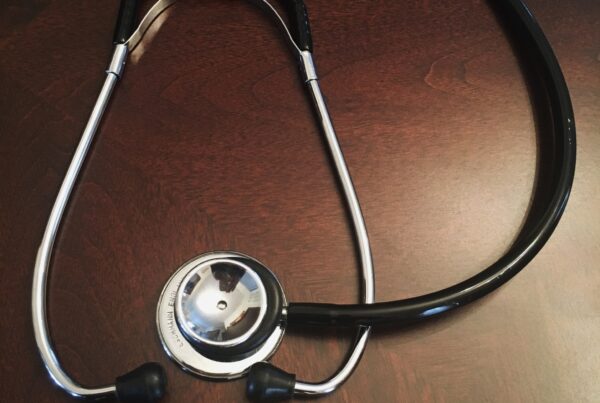
Peptic Ulcer Disease: What You Need To Know
March 25, 2020
Peptic Ulcer Disease: What You Need To Know
Peptic Ulcer Disease (PUD) occurs when a person has chronic peptic ulcers. Peptic ulcers are…



Recent Comments